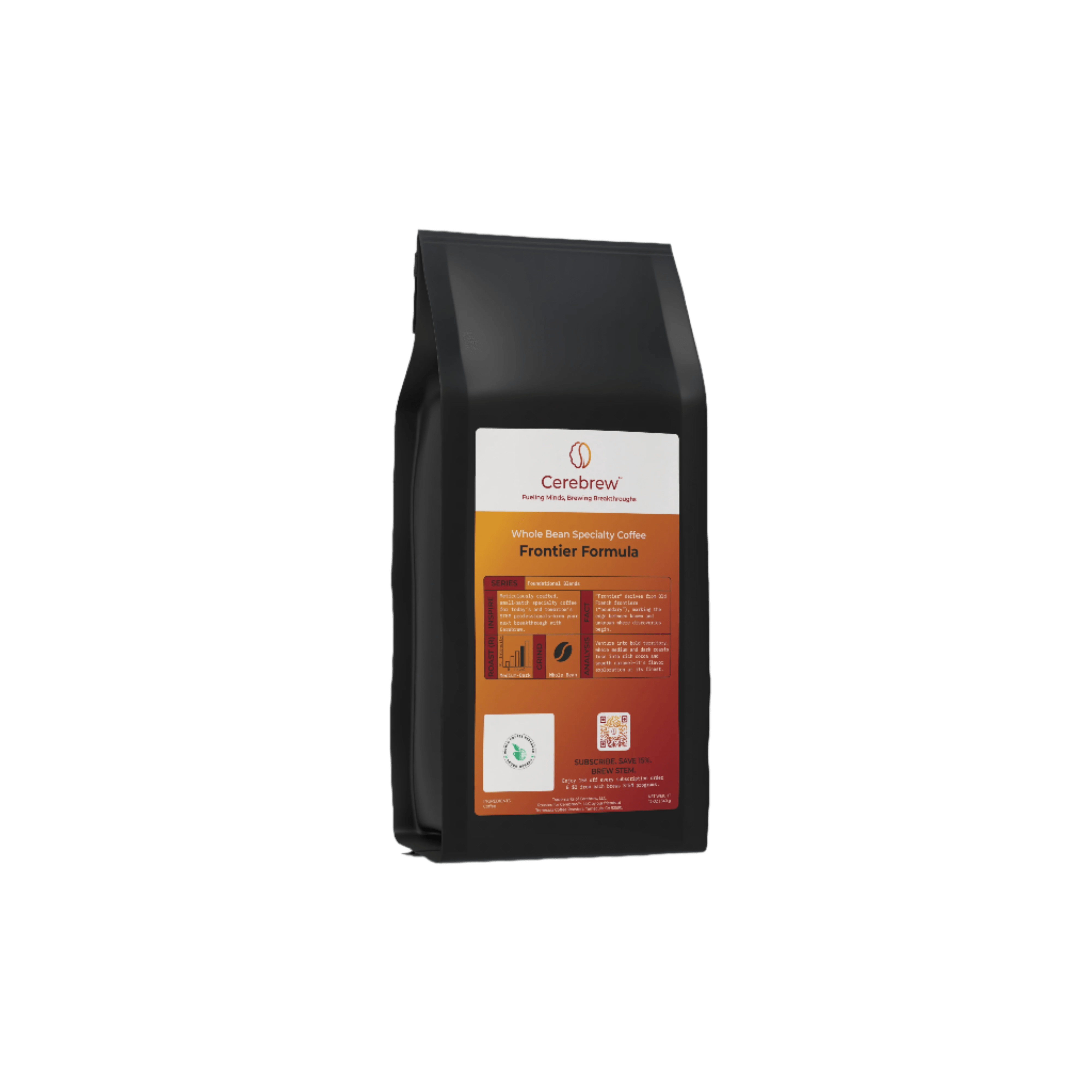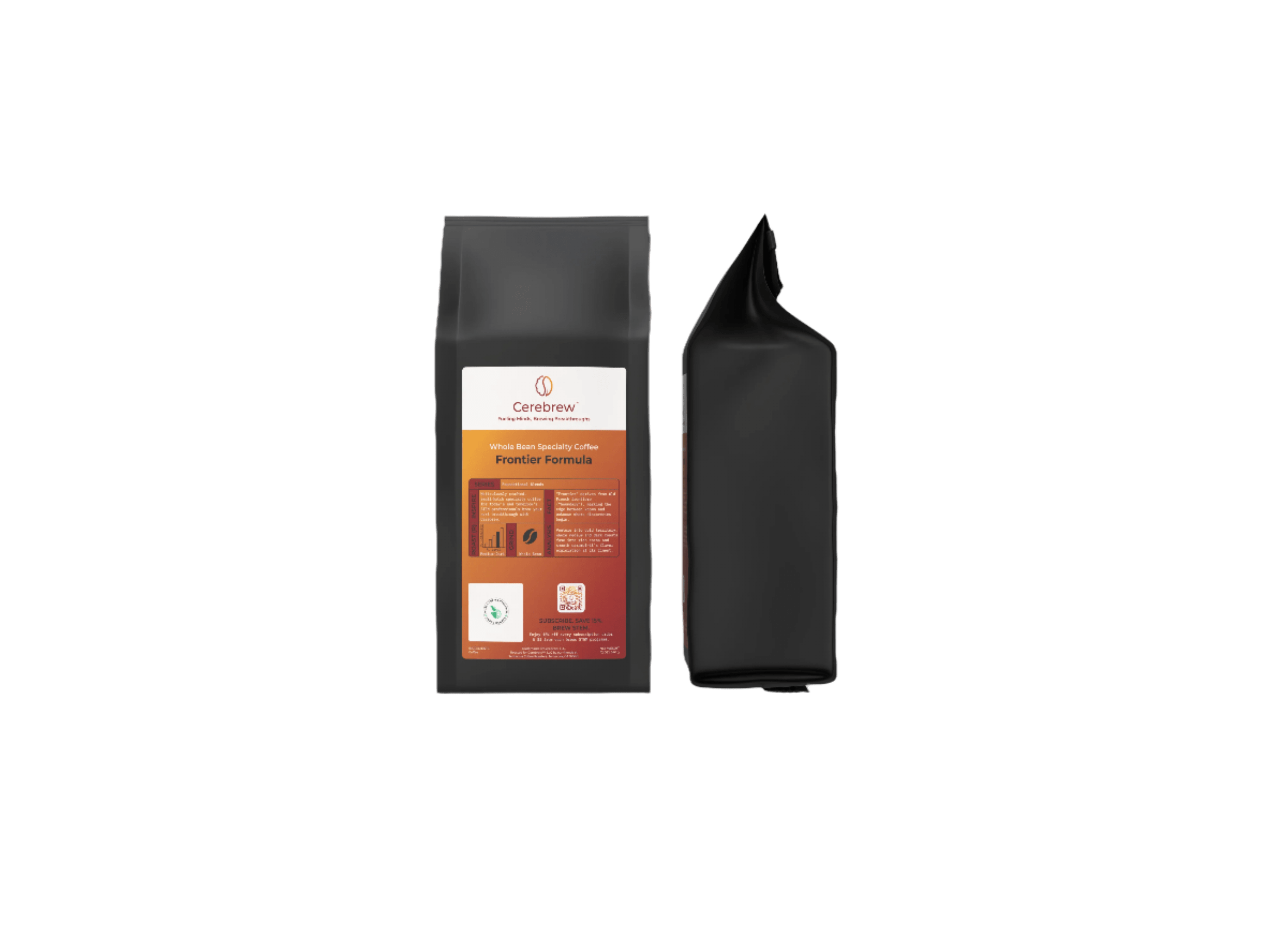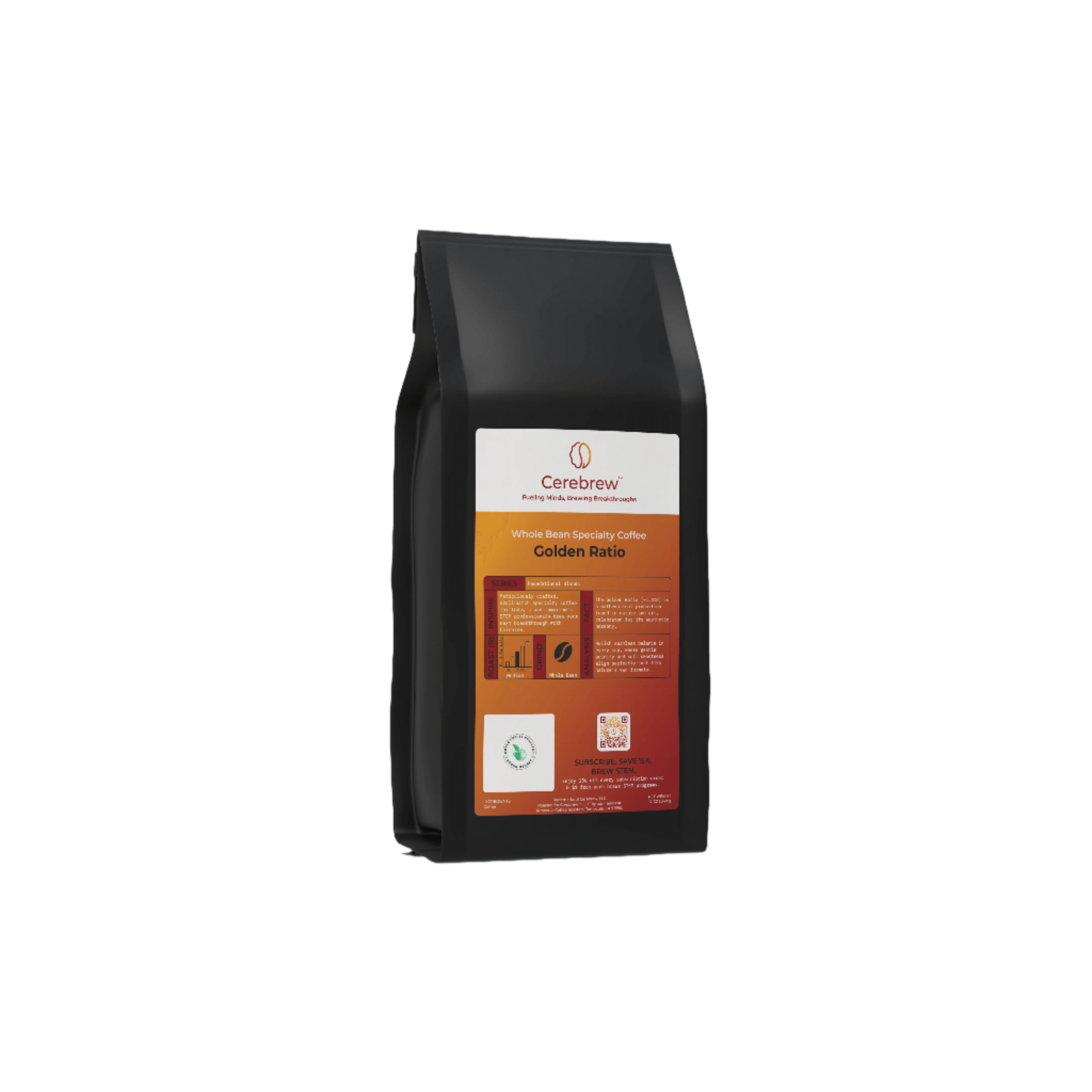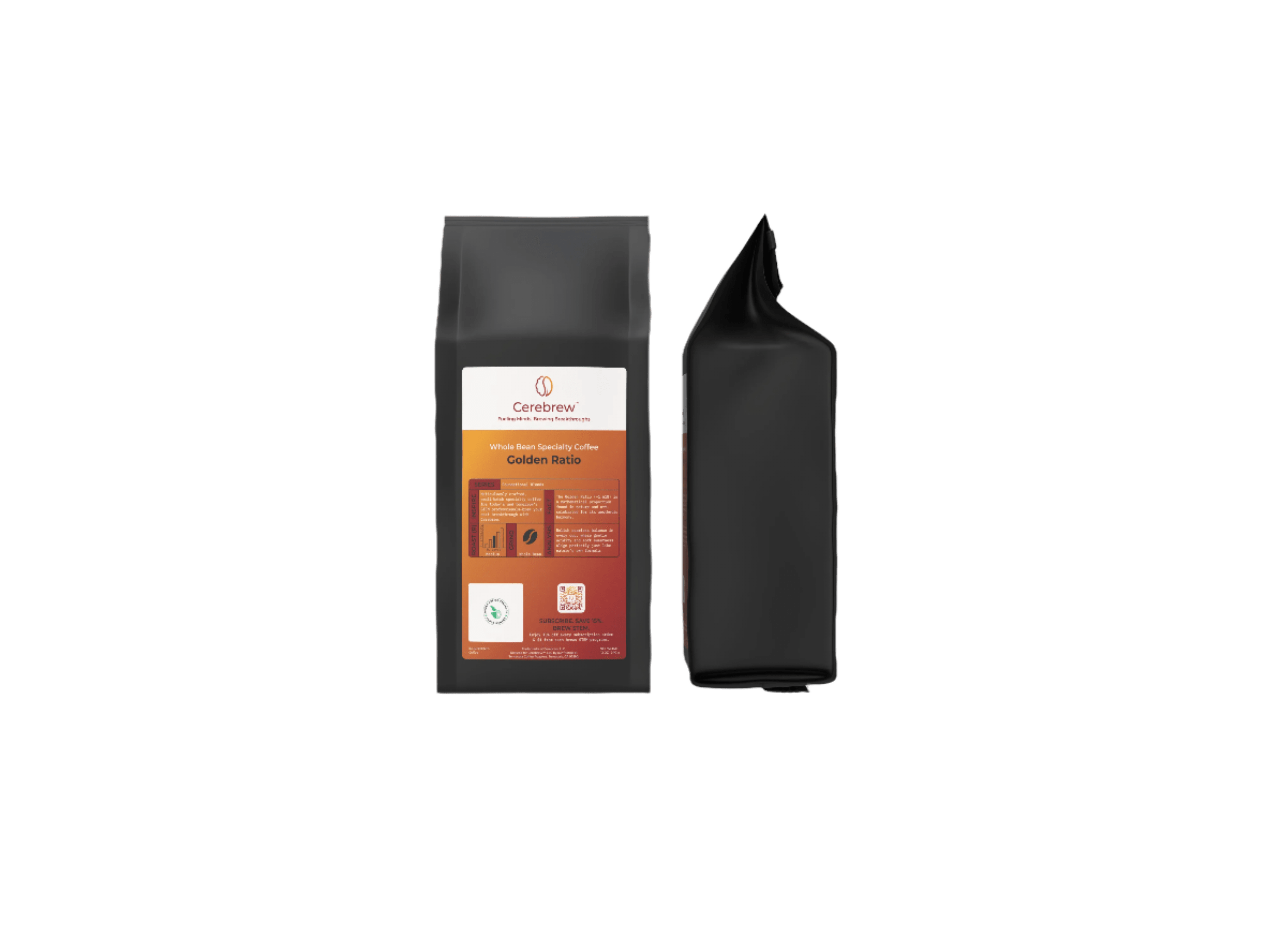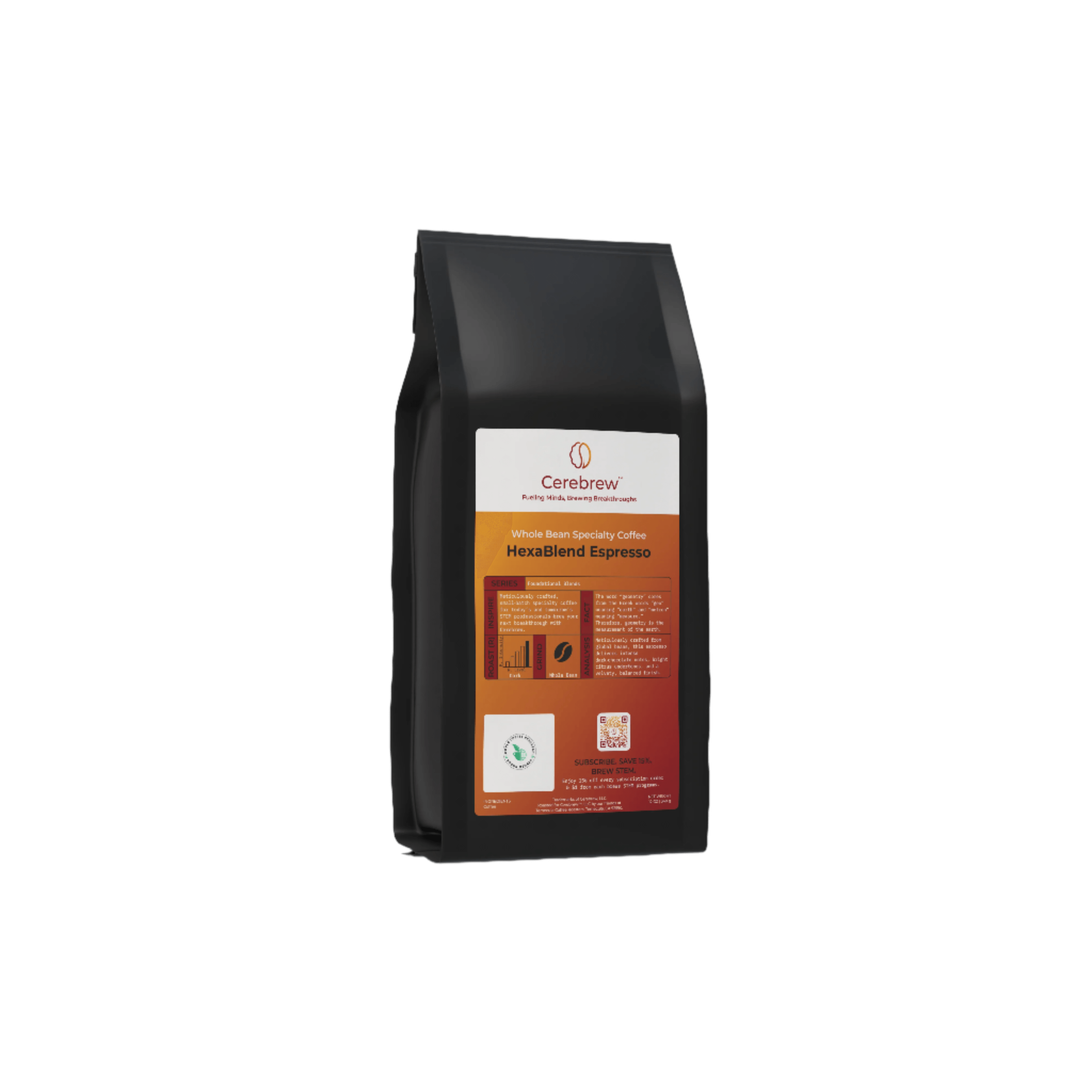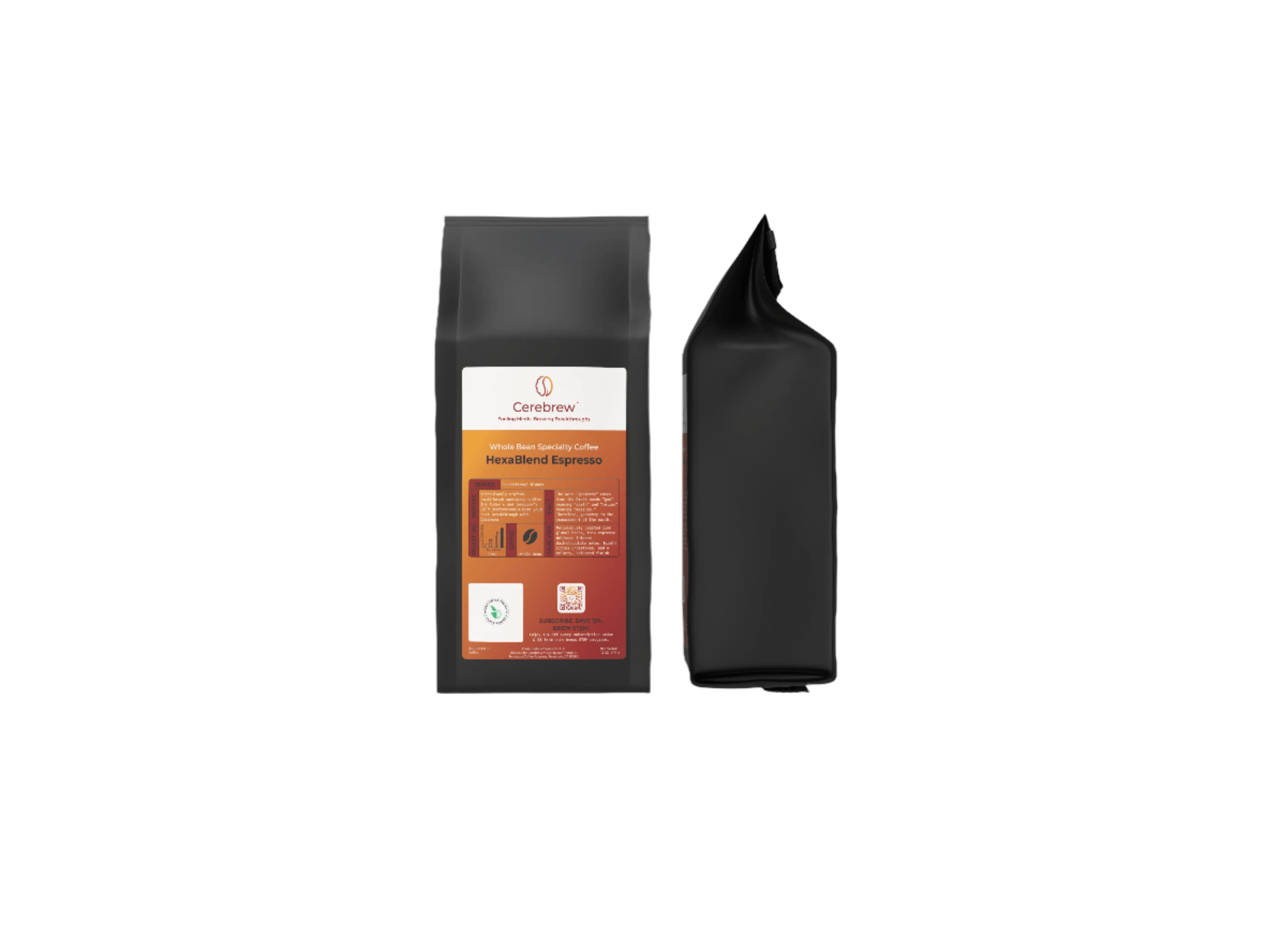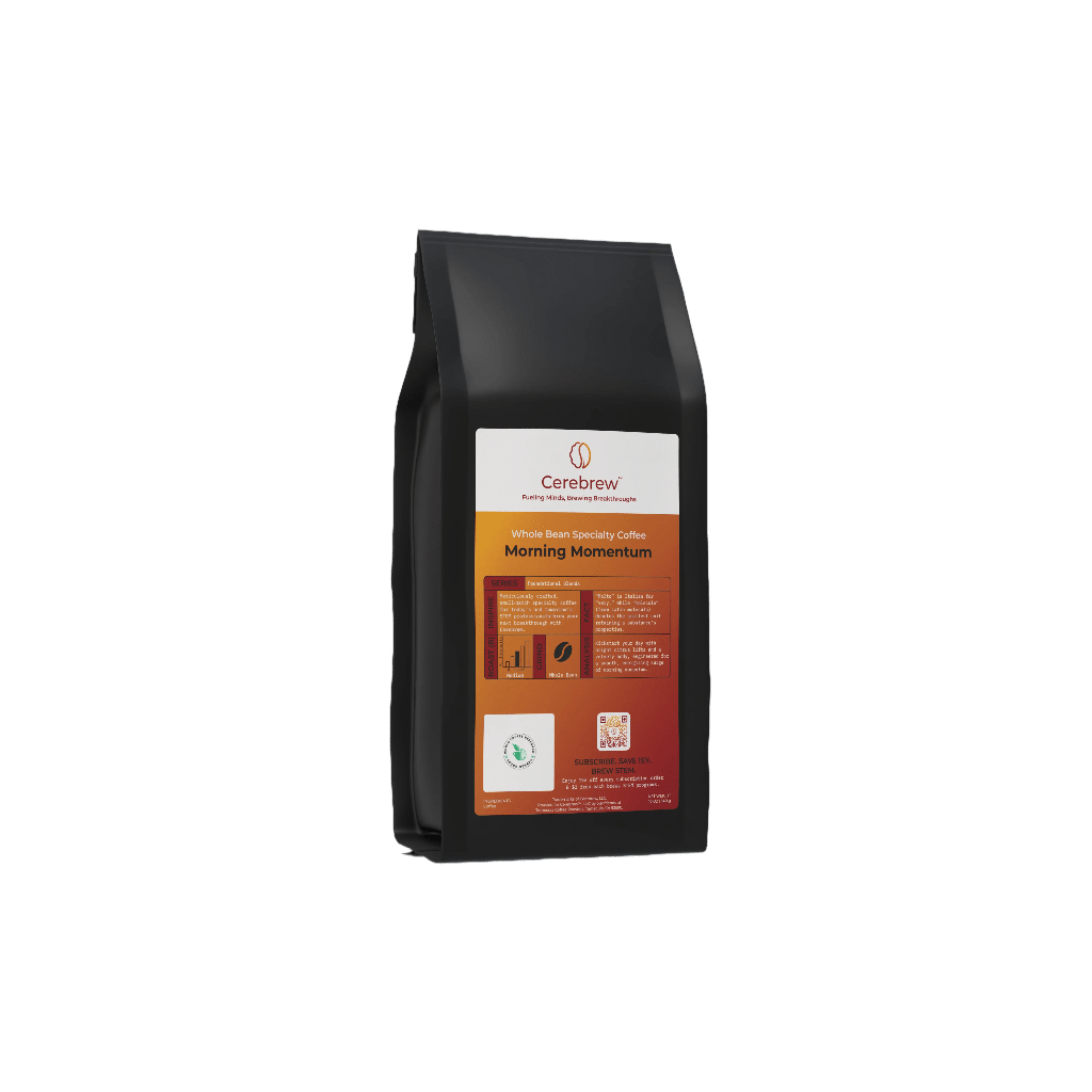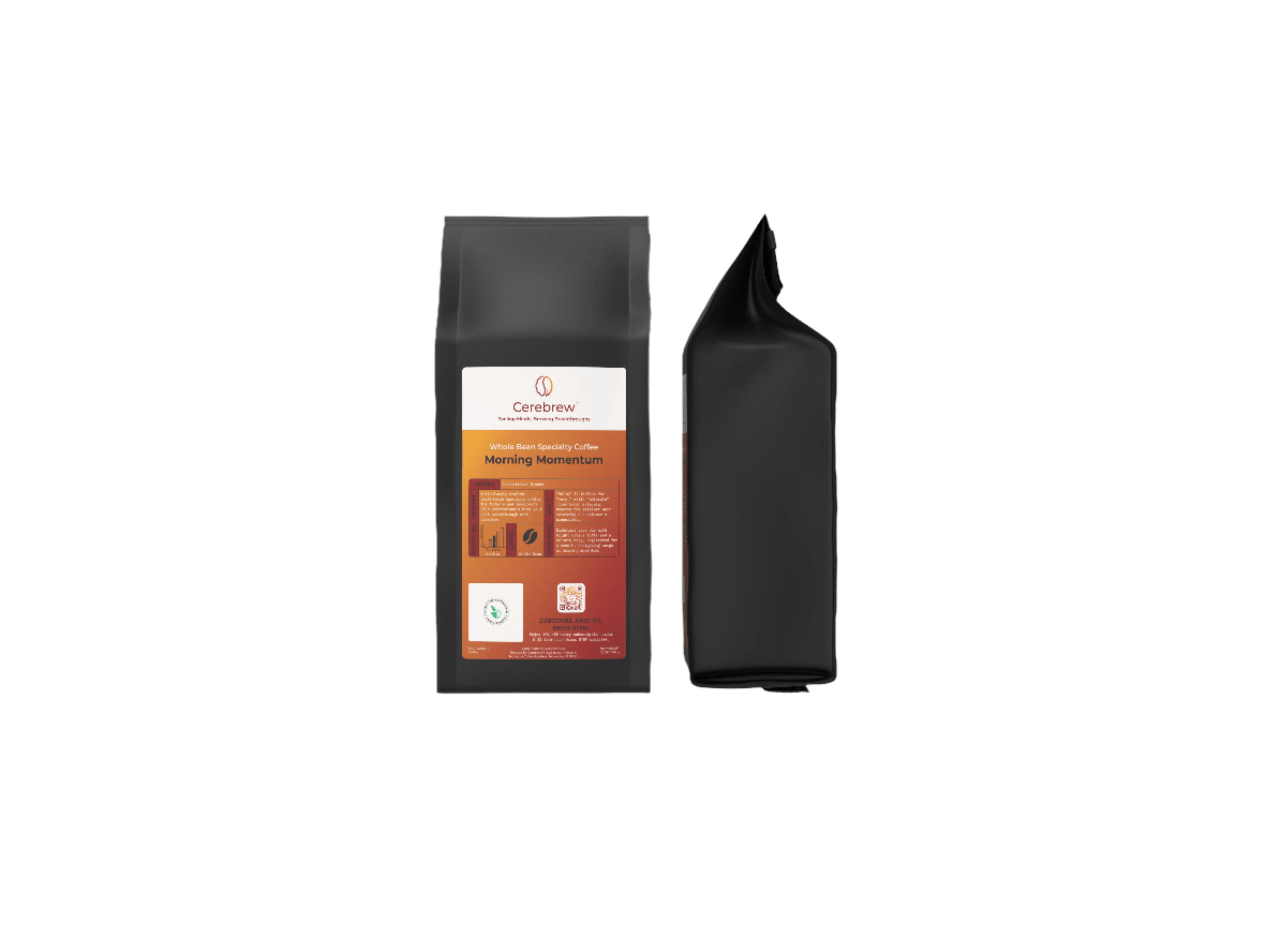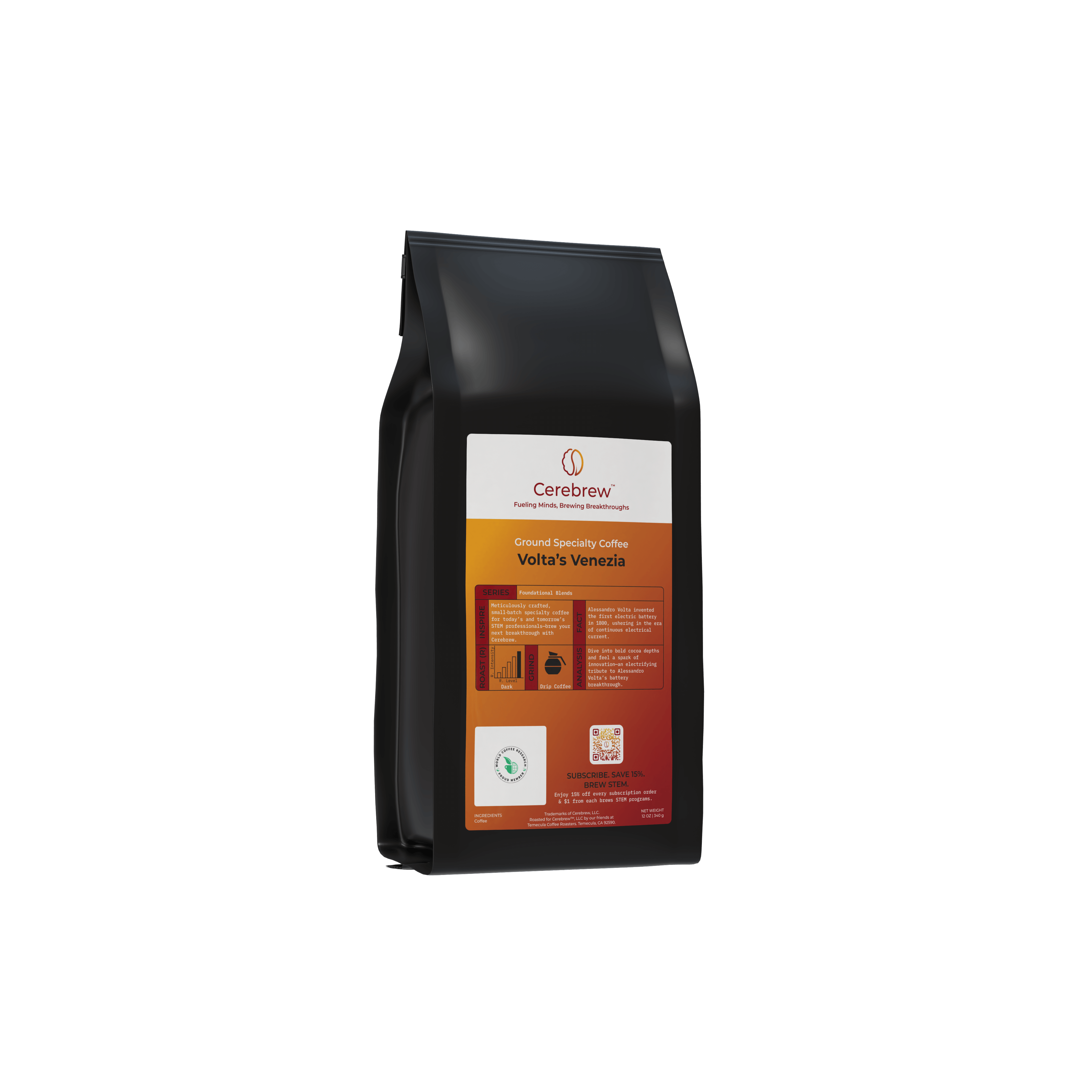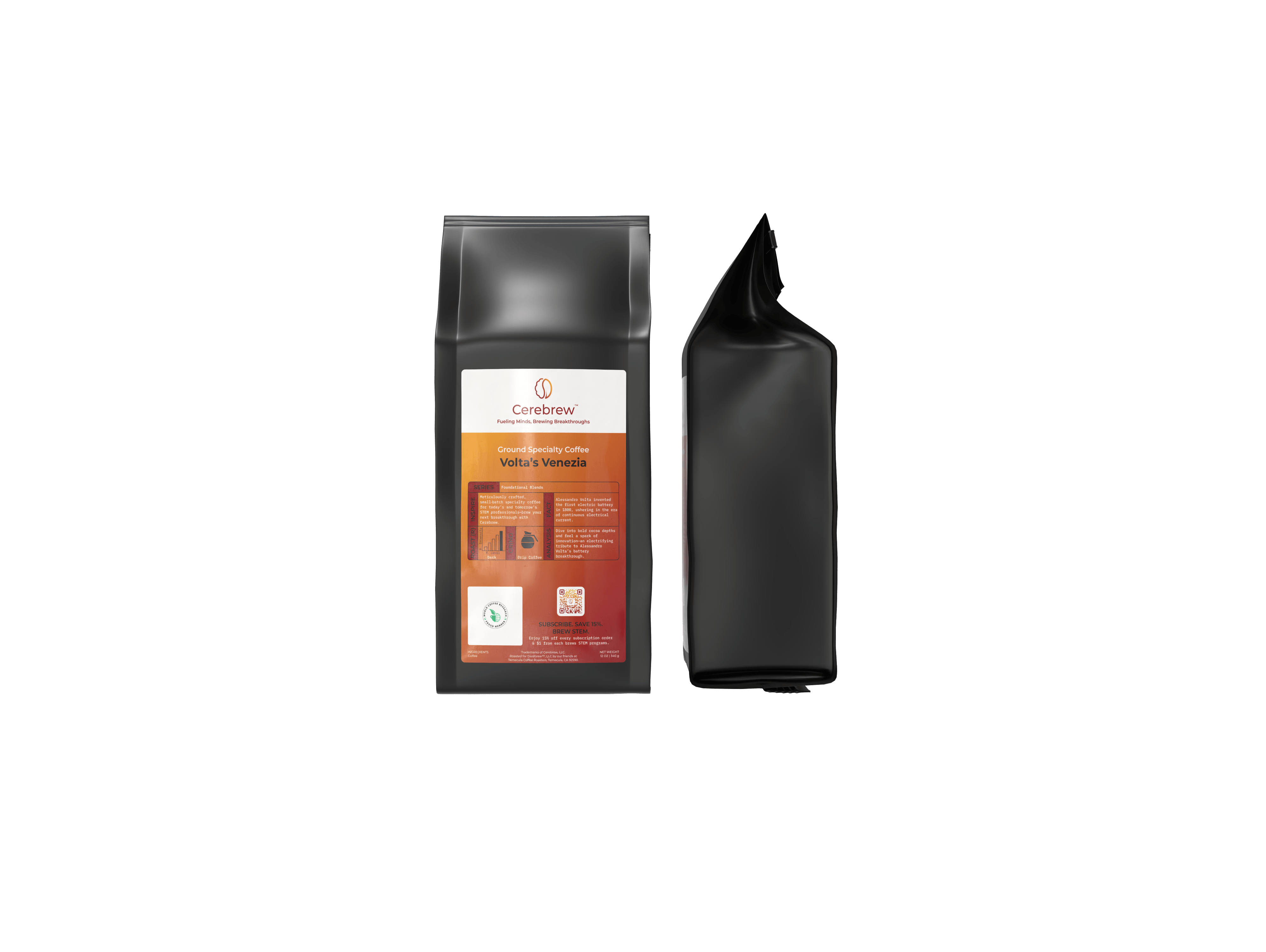Does Coffee Really Cause Dehydration?
Coffee is one of the most popular beverages worldwide. Many people rely on it to kickstart their day, thanks to its energizing caffeine content. However, there's a lingering question that has puzzled coffee lovers and health enthusiasts alike: does coffee really cause dehydration? In this article, we'll explore the relationship between coffee and hydration, debunk myths, and provide practical advice on how to enjoy your favorite brew without compromising your body's water balance.
Understanding Caffeine and Its Effects
Caffeine is the imulant that affects the central nervous system, increasing alertness and reducing fatigue. While these effects are well-documented, caffeine's impact on hydration is less clear.
How Caffeine Works
Caffeine acts as a diuretic, which means it can increase urine production. This leads some people to believe that coffee consumption results in a net loss of fluids, potentially causing dehydration. But is this really the case?
The Myth of Coffee-Induced Dehydration
The notion that coffee leads to dehydration is largely based on its diuretic properties. However, recent studies have shown that the diuretic effect of caffeine is not as potent as once thought, especially in regular coffee drinkers.
Can Coffee Dehydrate You?
Research indicates that moderate coffee consumption does not significantly contribute to dehydration. In fact, the fluid content in coffee can contribute to your daily hydration needs. While caffeine does have a mild diuretic effect, it is generally counteracted by the water content in the beverage itself.
Can Decaffeinated Coffee Dehydrate You?
Decaffeinated coffee contains significantly less caffeine than regular coffee, which means its diuretic effect is minimal. As a result, decaf coffee is even less likely to contribute to dehydration. Drinking decaffeinated coffee can be a good option for those who want to enjoy coffee without any concerns about fluid loss.
Drinking Coffee as Your Sole Beverage
While coffee can contribute to your daily fluid intake, relying solely on it for hydration is not recommended. Like any other beverage, coffee should be part of a balanced intake that includes water and other hydrating liquids.
Can Drinking Only Coffee Dehydrate You?
If you consume large amounts of coffee without balancing it with water or other hydrating fluids, there is a potential risk of dehydration. This is because coffee alone cannot provide all the fluids your body needs for optimal hydration.
Balancing Coffee and Water Intake
by Goran Ivos (https://unsplash.com/@goran_ivos)
To maintain proper hydration, it's important to balance your coffee consumption with water intake. Here are some tips to ensure you're staying hydrated:
- Limit Coffee Intake: Moderation is key. Stick to moderate amounts of coffee, typically 3-4 cups per day, to avoid excessive fluid loss.
- Drink Water: Make it a habit to drink water throughout the day. A good rule of thumb is to drink a glass of water for every cup of coffee you consume.
- Monitor Your Body: Pay attention to signs of dehydration, such as dry mouth, dark urine, or fatigue. Adjust your fluid intake accordingly.
Understanding Your Body's Hydration Needs
Every individual's hydration needs are different, and factors such as activity level, climate, and overall health can influence how much fluid you need. It's essential to listen to your body and adjust your fluid intake based on your personal requirements.
Caffeine and Hydration: The Bottom Line
While caffeine can have a mild diuretic effect, moderate coffee consumption is unlikely to cause dehydration. The water content in coffee helps balance out any fluid loss resulting from its diuretic properties. By including water and other hydrating beverages in your daily routine, you can enjoy coffee without compromising your hydration status.
Practical Tips for Coffee Lovers
For those who enjoy their daily cup of joe, here are some practical tips to keep in mind:
- Opt for Decaf: If you're concerned about caffeine's effects on hydration, try switching to decaf coffee.
- Enjoy Variety: Incorporate a variety of beverages into your daily routine, including herbal teas, water, and fruit-infused water.
- Stay Mindful: Be conscious of your overall fluid intake and adjust as necessary, especially during hot weather or intense physical activity.
- Listen to Your Body: If you notice signs of dehydration, increase your water intake and reduce coffee consumption.
Conclusion
In conclusion, coffee, when consumed in moderation, does not cause dehydration. The key is to balance your coffee intake with sufficient water and other hydrating fluids. Understanding your body's unique hydration needs and staying mindful of your overall fluid intake will allow you to enjoy your favorite brew without worry. So, go ahead and savor that cup of coffee, knowing it can be part of a healthy and hydrating lifestyle.










